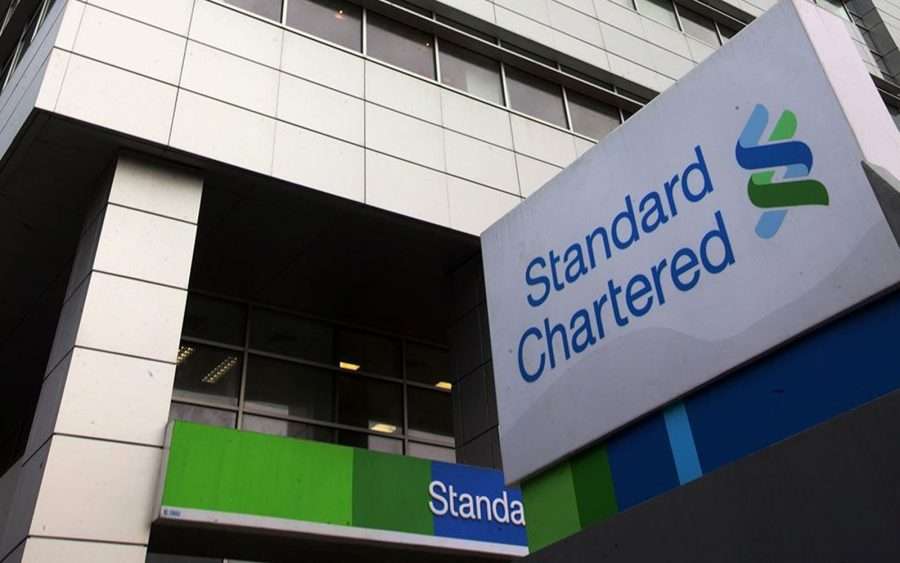TWV Business Desk
MultiChoice, the South African-based entertainment giant behind DStv, GOtv and Showmax, is grappling with mounting challenges across its African operations, with recent data revealing a troubling decline in its subscriber base and revenue.
To unlock the full article:
Choose one of the options below:
- Ksh 10 – This article only
- Ksh 300 – Monthly subscription
- Ksh 2340 – Yearly subscription (10% off)
Operating in 50 countries, the company has long dominated the continent’s pay-TV market since launching DStv in 1995. However, economic pressures, regulatory disputes, competition from streaming platforms, and piracy are now threatening its stronghold, and Kenya is no exception.
Across the continent, MultiChoice has experienced a sharp decline in subscribers, losing 1.8 million users, including a staggering 1.2 million in the past year alone. This downturn has been fuelled by macroeconomic challenges such as inflation rates exceeding 30% in key markets like Nigeria, currency depreciation, and rising fuel and food prices. These factors have placed household budgets under strain, pushing consumers towards cheaper or free-to-air alternatives.
In Nigeria, MultiChoice reported a 44% drop in subscription revenue to $197.74 million in 2025, compounded by an 18% fall in subscriber numbers. Zambia recorded a 60% subscriber loss, attributed to power outages and economic strain, while Angola saw an 8% decline. The company’s overall revenue fell by 10%, resulting in a reported loss of KSh 12 billion (ZAR 1.8 billion) for the 2024/2025 financial year, further worsened by foreign exchange losses.
In Kenya, MultiChoice has witnessed a 19% year-on-year subscriber decline, with GOtv subscriptions alone falling by 23%. Repeated price hikes, which the company says are necessary to offset inflation and currency depreciation, have rendered DStv and GOtv services increasingly unaffordable for many households.
Despite the Kenyan shilling appreciating by 9% against the US dollar, these pricing strategies have alienated cost-sensitive consumers, prompting them to opt for free-to-air digital TV or illegal streaming options. Global competitors such as Netflix and Amazon, offering flexible, multi-device streaming options, have further eroded MultiChoice’s market share. The DStv app, often criticised for its restrictive single-device access and poor user experience, continues to lag behind these modern platforms.
Piracy remains a major challenge in Kenya, where enterprising operators provide illegal DStv connections to entire neighbourhoods for as little as KSh200 to KSh1,000 per month. These schemes, often enabled by Chinese-manufactured decoders such as the DStv Uncoded, are difficult to detect and have resulted in substantial revenue losses. While MultiChoice has acknowledged piracy as a growing concern, critics argue that the company has not provided sufficient value to discourage illegal viewing.
Regulatory pressure is also intensifying. In Ghana, the government has demanded a 30% reduction in DStv subscription fees by 7th August 2025, citing the cedi’s appreciation and outdated content offerings. This standoff, accompanied by threats of licence suspension, illustrates the precarious regulatory environment in which MultiChoice operates. In Nigeria, lawmakers blocked a proposed price hike scheduled for March 2025, citing the severe financial strain on consumers.
Despite these headwinds, MultiChoice is making efforts to adapt. Its streaming platform, Showmax, has recorded a 44% rise in paying subscribers and a 48% revenue increase in 2025, buoyed by AI-driven innovations such as automated subtitling and data compression aimed at reducing high data costs. Nevertheless, with Africa’s low internet penetration and a consumer preference for satellite-based delivery, the transition to streaming remains a complex endeavour.
MultiChoice stands at a crossroads. To regain its footing, the company must urgently revisit its pricing strategy, enhance its streaming offerings, and invest more substantially in localised content to compete effectively with global players. Failure to act decisively could result in further erosion of its market dominance in Kenya and beyond.
[/full]




